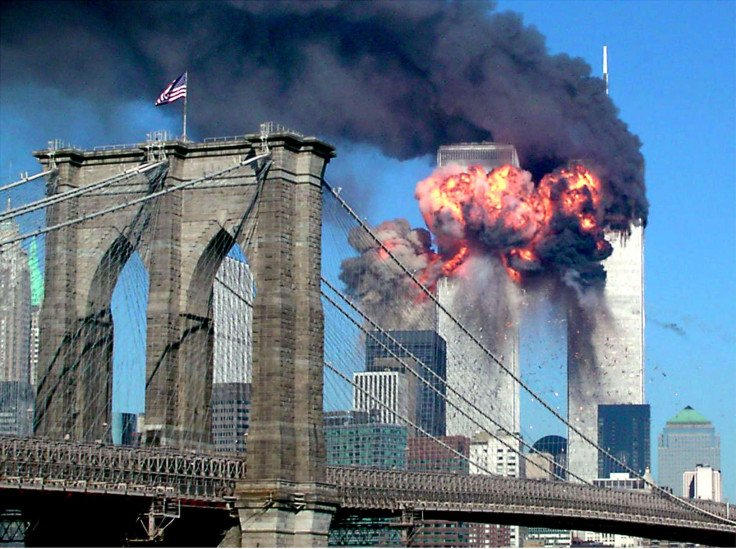9/11 Lawsuit Bill: Victims’ Families Could Sue Saudi Arabia Under House Proposal

The United States House of Representatives will reportedly vote this week on a bill allowing families of 9/11 victims to sue Saudia Arabia, a Republican leadership source told Politico Wednesday. Called the Justice Against Sponsors of Terrorism Act, the bill would make it easier to sue the Middle Eastern nation and other perceived foreign sponsors of terrorism.
President Barack Obama is widely expected to use his veto powers if the bill passes in the House. Opponents to the bill believe its potential passage would significantly hinder U.S. relations with Saudi Arabia and jeopardizes international sovereignty.
The timing of the vote and its expected arrival in Obama’s desk will sync up with the 15th anniversary of the attacks that killed nearly 3,000 people at New York’s World Trade Center and at the Pentagon on Sept. 11, 2001.
In May, the Senate unanimously passed the bill, but the New York Post reported that an amendment added at the last minute may make it largely toothless. New York Sen. Charles Schumer helped to add a new section that gives the U.S. attorney general and the secretary of state power to hinder litigation against the Saudis.
The Saudi kingdom’s alleged role in the deadly attacks largely stems from the origins of the 19 hijackers. Fifteen of those 19 were citizens of Saudi Arabia, but the government has completely denied any links to the hijackers or their plans.
Over the last two months, opponents of the bill have said its passage will hurt U.S. foreign policy efforts and that it faces opposition from U.S. allies. The U.S. State Department warned members of Congress of the potential effects in July, while the Dutch parliament suggested it could “represent a breach” of its sovereignty while a member of Britain’s parliament penned a column opposition, Reuters reported.
The bill also comes roughly two months after the release of the long classified “28 pages,” documents that were part of the 2002 Congressional Joint Inquiry into the 9/11 attacks but weren’t publicly released until July. The pages indicated that some of the 9/11 hijackers were “in contact and received support from individuals likely connected to the Saudi government,” CNN reported.
Saudi Arabia completely denies any ties to the attack and points to the numerous investigations conducted by U.S. agencies.
"Several government agencies, including the CIA and the FBI, have investigated the contents of the '28 Pages' and have confirmed that neither the Saudi government, nor senior Saudi officials, nor any person acting on behalf of the Saudi government provided any support or encouragement for these attacks," Saudi Ambassador to the U.S. Abdullah Al-Saud said in a statement in July. "We hope the release of these pages will clear up, once and for all, any lingering questions or suspicions about Saudi Arabia's actions, intentions, or long-term friendship with the United States."
© Copyright IBTimes 2024. All rights reserved.





















